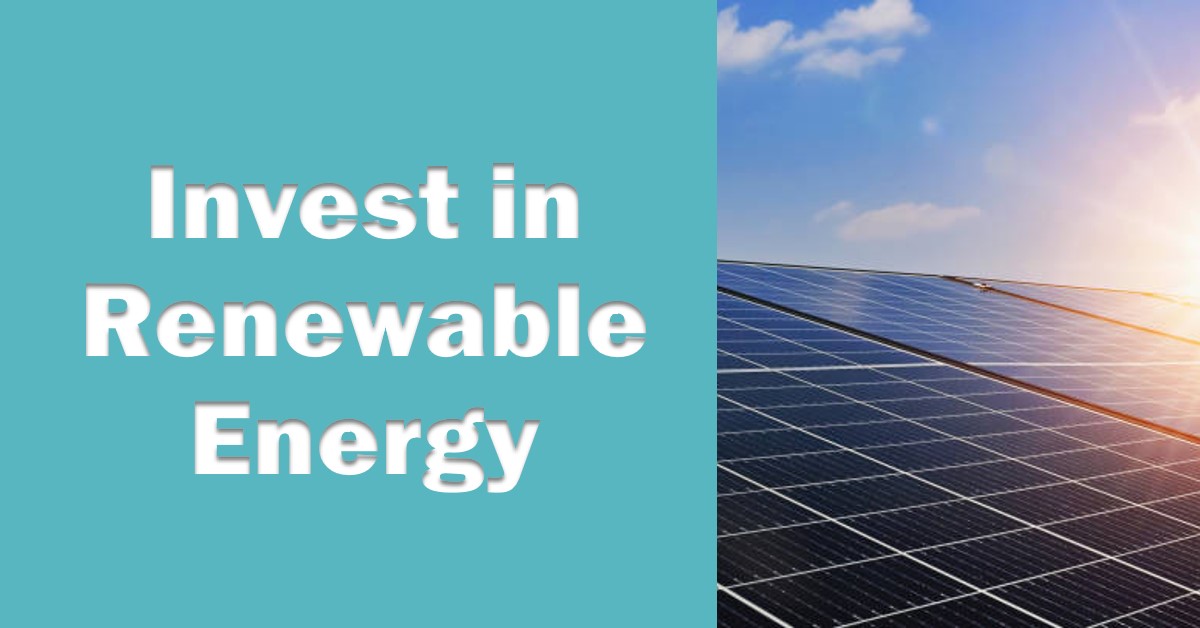Executive Summary
The executive summary is an overview of your business plan. It should highlight the main points of your plan and provide a snapshot of your business idea.
Introduction
In this section, you will introduce your business and provide an overview of the renewable energy industry. Explain the need for renewable energy sources and how your business can contribute to the industry.
Market Analysis
In this section, you will provide a detailed analysis of the renewable energy industry. This will include an overview of the market size and growth potential, the main players in the industry, and the trends and drivers shaping the industry.
Target Market
Identify your target market in this section. Consider the types of customers you will serve and the geographic regions where you will operate. Be specific about the needs of your target market and how your business will meet those needs.
Product or Service Offering
Describe your renewable energy product or service offering in detail. This could include solar panels, wind turbines, geothermal energy systems, or any other type of renewable energy technology. Explain the features and benefits of your product or service and how it differs from other offerings in the market.
Marketing and Sales Strategy
In this section, you will outline your marketing and sales strategy. Identify the channels you will use to reach your target market, such as social media, trade shows, or direct sales. Explain how you will price your product or service, and what sales goals you have for your business.
Operations and Management
Describe the day-to-day operations of your business and the team you will need to run it. Consider the skills and expertise required to run a renewable energy business, such as knowledge of renewable energy technologies, electrical engineering, and project management.
Financial Projections
Provide detailed financial projections for your business. This should include revenue projections, expense projections, cash flow projections, and profit and loss projections. Use these projections to determine how much capital you will need to start and operate your business.
Pros and Cons of the Renewable Energy Industry
Pros:
Renewable energy is an important growth industry with significant potential for long-term growth.
The industry is supported by government incentives and regulations, which can help offset start-up costs.
Renewable energy sources are becoming more cost-competitive with traditional energy sources, making them more attractive to consumers.
Cons:
Renewable energy technology can be expensive to develop and maintain.
The industry is subject to regulatory changes and market volatility, which can create uncertainty.
Renewable energy sources can be intermittent, which can create operational challenges for businesses.
Skills Required and Experts to Hire
To start a successful renewable energy business, you will need a team with the following skills:
Renewable energy technology expertise, such as knowledge of solar panel or wind turbine design and maintenance.
Electrical engineering expertise, particularly in the areas of power transmission and distribution.
Project management expertise, to oversee the development and deployment of renewable energy systems.
Experts to hire may include:
Renewable energy consultants, to help you develop and implement your business plan.
Electrical engineers, to design and oversee the installation of renewable energy systems.
Project managers, to oversee the development and deployment of renewable energy systems.
Conclusion
Developing a successful renewable energy business requires careful planning, a skilled team, and a solid understanding of the industry. Use this roadmap to guide you through the process of developing your business plan, and seek expert advice when necessary to ensure that you make informed decisions.




